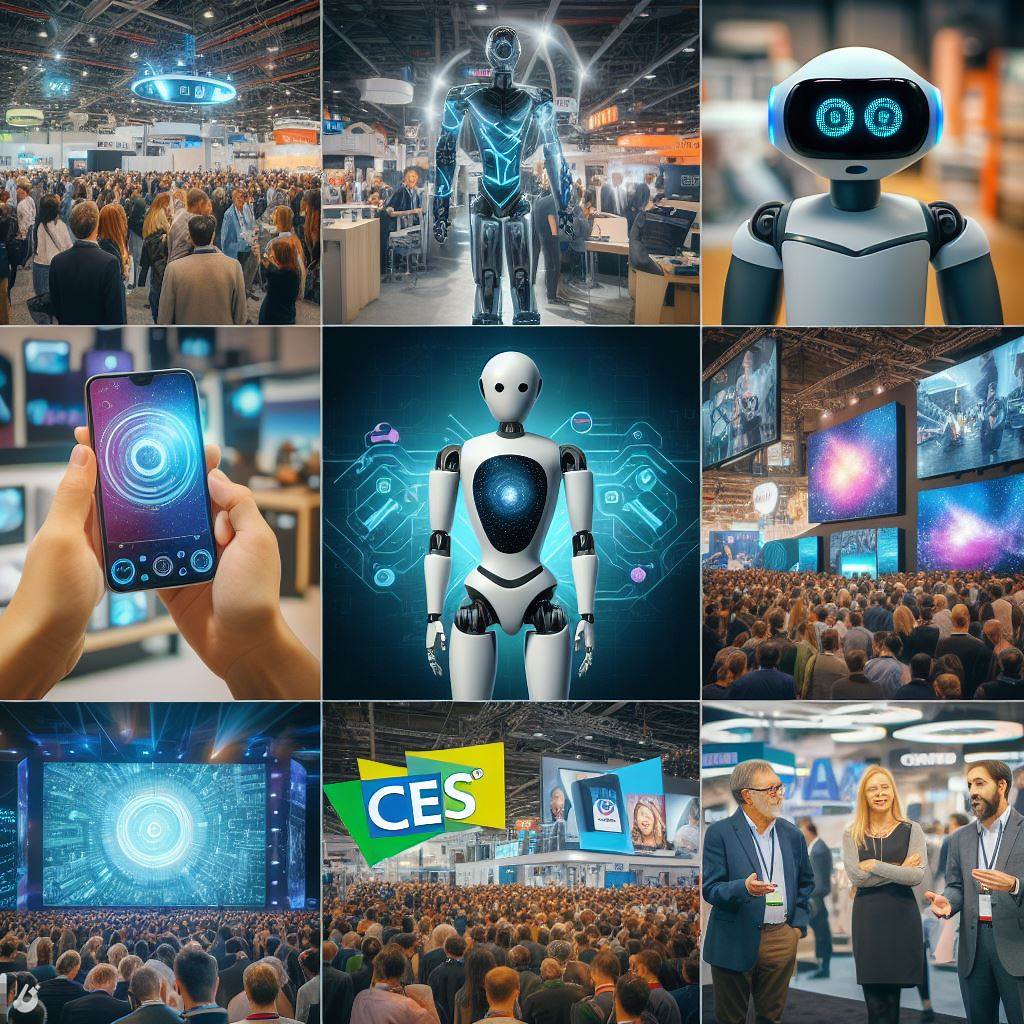
1. AI Takes Center Stage at CES 2024
The upcoming Consumer Electronics Show (CES) in Las Vegas from Jan. 9 to 12 is set to showcase Artificial Intelligence (AI) as a central theme. Sessions covering AI's impact on entertainment, marketing reinvention, and its integration with emerging technologies will be featured. Notably absent are speakers from OpenAI and Meta, with Microsoft and Google opting for middle-management representatives. Apple continues its tradition of skipping CES, despite being a consumer tech event.
2. AI Jailbreaks: 'Masterkey' Model Explores ChatGPT Safeguards
Computer scientists from Nanyang Technological University in Singapore have developed the 'Masterkey' model, capable of exploiting vulnerabilities in chatbots like OpenAI's ChatGPT. This large language model exposes potential security weaknesses through a process known as 'jailbreaking,' enabling hackers to surpass developers' intentional restrictions. The model can generate prompts that breach guidelines for Google Bard and Microsoft Bing Chat, even after developers patch their systems.
3. New AI Model Unleashes Public Domain Mickey Mouse
On New Year's Day, Disney's copyright for the original 1928 Mickey Mouse short film, Steamboat Willie, expired, entering the public domain. A French developer introduced the 'Mickey-1928' image generation model, allowing users to create images of the iconic Disney character without penalty. Despite being a fine-tuned version of Stable Diffusion XL, the model's image quality needs improvement due to the lack of accessible high-quality versions of the cartoons.
4. GitHub’s Chief Lawyer on the EU AI Act's Impact on Open Source
European lawmakers reached an initial agreement on the EU AI Act, introducing a risks-based system to categorize AI systems based on their potential impact on citizens' rights. While free and open source AI models are presumed exempt, the final text of the regulation is not yet available. GitHub's Chief Legal Officer, Shelley McKinley, discussed with AI Business how the Act may affect open source development, emphasizing GitHub's role as the world's largest open-source repository.
5. Generative AI’s ‘iPhone Moment’: 3 Things Developers Need to Do
Drawing parallels with Apple's iPhone launch, Prasanna Krishnan, from Snowflake, highlights the transformative potential of generative AI. Krishnan suggests that the true revolutionary moment for generative AI, akin to the iPhone's success, lies in developers creating intuitive and engaging applications. Organizations are advised to learn from history and prioritize simplicity, discoverability, and governance as they navigate the evolving landscape of generative AI.